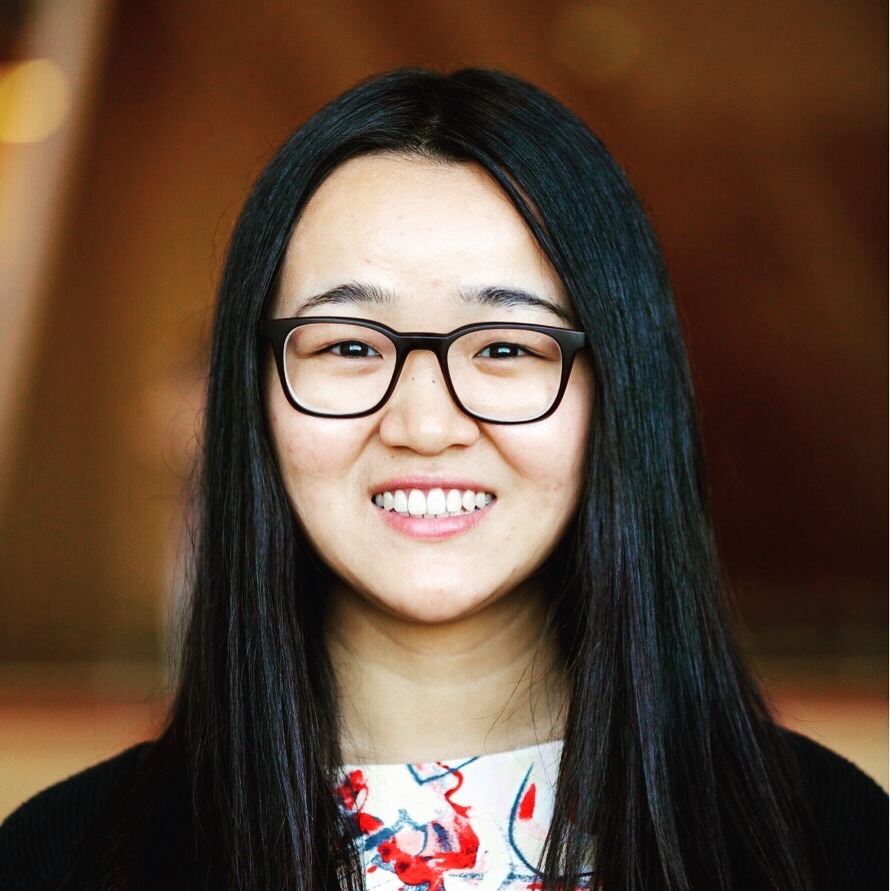Computational Social Science
MW 3:30-4:45pm, Hybrid
Course Information
This course is about using a variety of techniques from NLP, ML , and social science to develop a broad understanding of the emerging cross-disciplinary field of Computational Social Science. Example topics include methods of text analyses, and applications to social science fields, such as political science, sociolinguistics, sociology, and economics.
Certain slides, and materials for this course are borrowed from Jacob Eisenstein, David Bamman at UC Berkeley, and Robert Kraut at CMU.
- Piazza:
- piazza.com/gatech/spring2021/cs6471
- Online Office Hours (Eastern Time):
Schedule
Note: tentative schedule is subject to change.
| Date | Topic | Readings |
| Jan 20 |
Introduction to CSS
Slides |
|
| Jan 25 |
Lecture: NLP and Machine Learning Basics
Slides |
|
| Jan 27 |
Bias and Fairness: Biases
Slides |
|
| Feb 1 |
Bias and Fairness: Debiasing
Slides |
|
| Feb 3 |
Introduction to Project Ideas
Slides |
|
| Feb 8 |
Language Civility: Hate Speech and Toxicity
Slides |
|
| Feb 10 |
Guest Lecture from David Muchlinski
Slides |
|
| Feb 15 |
Language Civility 2: Politeness
Slides |
|
| Feb 17 |
Social Relationship: Power and Ties
Slides |
|
| Feb 22 |
Statistics and Casual Inference Basics
Slides |
|
| Feb 24 |
Language Influence 1: Persuasion
Slides |
|
| Mar 01 |
Language Influence 2: Argumentation
Slides |
|
| Mar 03 |
Guest Lecture from Clio Andris
Slides |
|
| Mar 08 |
Information Diffusion 1: Social Contagion
Slides |
|
| Mar 10 |
Information Diffusion 2: Misinformation
Slides |
|
| Mar 15 |
Mid-way Project Discussion
Slides |
|
| Mar 17 |
Social Roles and Teamwork 1
Slides |
|
| Mar 22 |
Social Roles and Teamwork 2
Slides |
|
| Mar 24 |
No Class
|
|
| Mar 29 |
Guest Lecture from Jamie C. Gorman
Slides |
|
| Mar 31 |
Human AI Interaction
Slides |
|
| Apr 05 |
Social Movement 1
Slides |
|
| Apr 07 |
Social Science Theories
Slides |
|
| Apr 12 |
Social Movement 2
Slides |
|
| Apr 14 |
Multimodal CSS
Slides |
|
| Apr 19 |
Final Project Presentation 1
|
|
| Apr 21 |
Final Project Presentation 2
|
|
Grading
- 50% Project
- Project Proposal (10%)
- Midterm Report (15%)
- Final Report (20%)
- Project Presentation (5%)
- 10% Quiz
- 20% Reading Responses
- 20% Presentation
Policies
Class Policies:
Attendance will not be taken, but you are responsible for knowing what happens in every class. The instructor will try to post slides and notes online, and to share announcements, but there are no guarantees. So if you cannot attend class, make sure you check up with someone who was there.
Prerequisites
The course is designed for graduate students who are interested in natural language processing and computational social science. Prerequisites: a course in artificial intelligence or any relevant field (e.g., NLP, ML); proficiency with using ML/NLP tools.
Furthermore, this course assumes:
- Good coding ability, corresponding to at least a third or fourth-year undergraduate CS major.
- Background in basic probability, linear algebra, and calculus.
- Familiarity with machine learning is helpful but not assumed. Of particular relevance are linear classifiers: naive Bayes, and logistic regression.
FAQs
-
The class is full. Can I still get in?
Sorry. The course admins in CoC control this process. Please talk to them.
-
I am graduating this Fall and I need this class to complete my degree requirements. What should I do?
Talk to the advisor or graduate coordinator for your academic program. They are keeping track of your degree requirements and will work with you if you need a specific course.
-
I have a question. What is the best way to reach the course staff?
Registered students – your first point of contact is Piazza (so that other students may benefit from your questions and our answers). If you have a personal matter, please email us.
Related Classe (not exhaustive!)
- Social Computing, Georgia Tech
- Social Computing, Stanford
- Computational Social Science, Georgia Tech
- Computational Ethics for NLP
- Natural Language Processing and Social Interaction, Cornell
- Ethical and Social Issues in Natural Language Processing, Stanford
- Social Media Analysis and Computational Social Science, UMass Amherst
- Deconstructing Data Science, UC Berkeley
